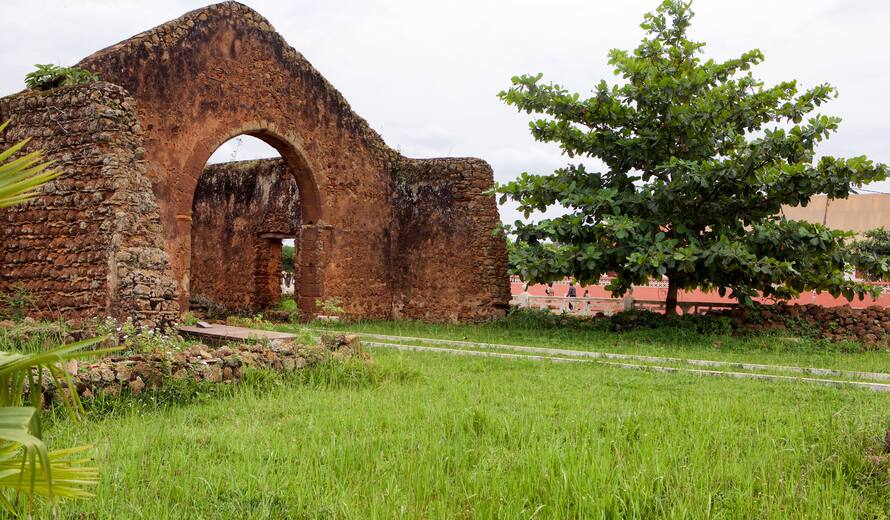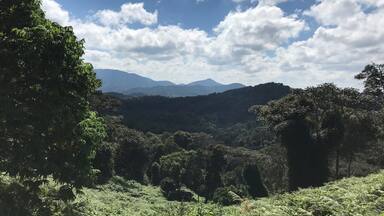UNESCO and ICCROM launch training initiative strengthening management of African World Heritage sites
On 6 December 2021, UNESCO and ICCROM launched the first edition of their joint training initiative “Improving Management Effectiveness in African World Heritage properties (2021-22)” targeting 25 African countries and 80 experts, of which 21 are women.
The first phase, starting this month, is composed of three online workshops with six sessions each, delivered in English, French and Portuguese. These workshops serve as part of UNESCO’s commitment to enhance the capacities of African experts in heritage management and governance through its Global Priority Africa.
The first week-long online workshop engaged 26 participants (site managers, focal points, and trainees) from Burundi, Comoros, Djibouti, Equatorial Guinea, and Madagascar, as well as facilitators from Benin, Côte d’Ivoire, Democratic Republic of Congo and Senegal. Coming from different professional backgrounds and areas of expertise (Heritage Conservation, Architecture, Archaeology, History, Law, and Biology). The participants had the chance to exchange views and experiences on a variety of topics, such as the role of national and local authorities, stakeholders and community-engagement to achieve sustainable development, while revisiting some key-concepts on management, governance, and the World Heritage Convention.
With this initiative, UNESCO and ICCROM aspire to establish a network of knowledge-sharing amongst heritage professionals in Africa on these essential subjects.
In his opening address, Mr Muhammad Juma, Chief of the Africa Unit of the World Heritage Centre, recalled the importance of this activity within the framework on ‘Fostering Cultural Heritage and Capacity Development’ and implementing the Regional Action plan (2021-2027). The aim is to strengthen African Member States’ capacities to identify, protect and manage tangible heritage, including by harnessing good conservation and management practices for socio-economic development, and promoting cultural heritage expertise in Africa.
Ms Valérie Magar, from ICCROM, highlighted how ICCROM’s Youth Heritage Africa and World Heritage Leadership Programme’s contributions to this initiative would lead to the enhancement of management and governance practices on the continent and training of site managers, experts, and other professionals working in the field of heritage conservation and management.
The workshop in Portuguese was held from 10 to 17 December, with the participation of Angola, Cabo Verde, Guinea Bissau, Mozambique and Sao Tome and Principe. The first phase will then conclude with the workshop in English from 17 to 24 January 2022, welcoming participants from Eritrea, Eswatini, Liberia, Kenya, Rwanda, Sierra Leone, Somalia, South Sudan, and the United Republic of Tanzania.
This long-term training initiative is supported by the governments of Japan and Norway.


